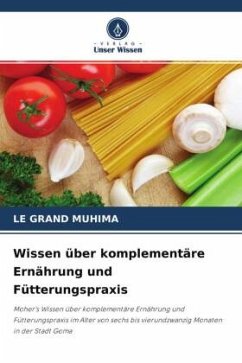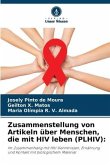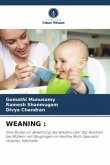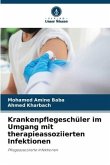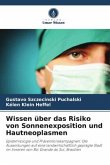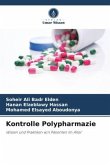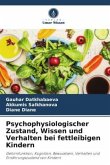This study was carried out in Goma town in four hospitals (Charity maternel hospital, Heal Africa Hospital, Provincial Hospital and Kyeshero hospital) from march to October 2019 in order to detect another hidden cause of undernutrition of children in Goma town, capital of North Kivu province. Um das Wissen der Mütter über Beikost zu bewerten, verwendeten wir einen Fragebogen, ein Interview und eine Beobachtung. 67.9% of mothers give porridge to their infants, 30.1% give pured foods, 38.6% give infant formula, 30.1% give bread, only 8.9% give meat or fish, 27.6% give cow milk, only 1.6% give cheese, 23.6% give fruits and only 14.6% give vegetables. There is no statistically significant relationship between porridge consumption and Study's level, Average income in the household, post-natal follow-up and parity. 43.5% of respondents knew vitamin as nutritional value of different foods given to infants. Study's level and Average income in the household have a statistically significant relationship with Mother's perception of vitamin as nutritional value. 60,6% begannen mit der Beikost im Alter von 4 bis 6 Monaten. 24,7% begannen vor dem vierten Lebensmonat.

